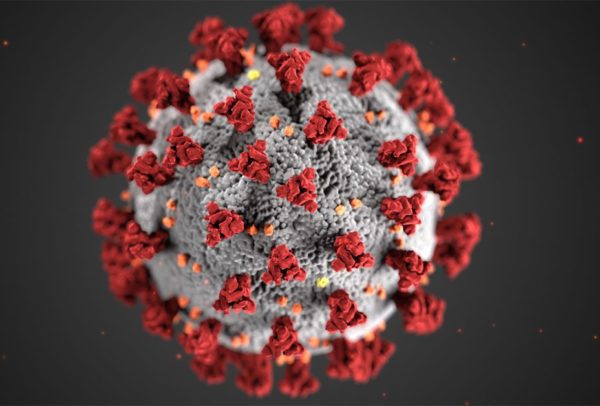A former Angels communications director was sentenced Tuesday to 22 years in federal prison for providing drugs to pitcher Tyler Skaggs, who died of an overdose in a hotel room while the team was on a 2019 road trip.
Eric Kay, now 48, was convicted in February by a federal jury in Fort Worth, Texas. He was found guilty of distribution of controlled substances resulting in death and conspiracy to possess with intent to distribute controlled substances.
The panel sided with prosecutors who argued during the trial that Kay gave Skaggs oxycodone laced with fentanyl.
Skaggs, 27, was found dead in his hotel room at the Southlake Town Square Hilton in Southlake, Texas, on July 1, 2019. The Angels were staying at the hotel while in town to play the Texas Rangers.
Prosecutors argued during the trial that Kay distributed drugs to multiple players over a period of years. Five former Angels players testified during the trial that they received narcotics from Kay.
The jury deliberated only a few hours before reaching its verdict.
Following Tuesday’s sentencing hearing, Skaggs’ family issued a statement saying, “We are very grateful to everyone who worked so hard to investigate and prosecute Eric Kay. Today’s sentencing isn’t about the number of years the defendant received. The real issue in this case is holding accountable the people who are distributing the deadly drug fentanyl. It is killing tens of thousands of people every year in our country and destroying families along with it. We will continue the fight to hold responsible those who allowed Kay to provide a deadly drug to Tyler. But for their actions, Tyler would still be with us today.”
Last year, Skaggs’ family filed a wrongful death lawsuit against Kay, the Angels and the team’s former vice president of communications, Tim Mead.
The family alleged that the Angels “should have known Kay was dealing drugs to players.”
The Angels called the allegations “baseless and irresponsible.”
Following Kay’s conviction in February, Angels President John Carpino issued a statement saying the organization was “saddened by the devastating heartache that surrounds this tragedy, especially for the Skaggs family.”
“The players’ testimony was incredibly difficult for our organization to hear, and it is a reminder that too often drug use and addiction are hidden away,” he said. “From the moment we learned of Tyler’s death, our focus has been to fully understand the circumstances that led to this tragedy.
“We are thankful that Major League Baseball and the Major League Baseball Players Association have taken the important step to update their drug policies for players using opioids so that they can receive help.”
Kay’s former attorney, Michael Molfetta, told City News Service that Kay rejected plea deals from prosecutors three times that would have resulted in a sentence of 11 to 14 years.
Molfetta said the 22-year sentence was “fundamentally ridiculous. I don’t blame the judge. That’s the law and the guidelines, but at what point does an adult take ownership and personal responsibility for his own actions? It’s not like Eric Kay shoved the pills down (Skaggs’) throat.”
Molfetta said fentanyl is “obviously a huge problem,” but the punishments for the dealers are “draconian and ridiculous… If we’re going to really attack it let’s figure out where the drugs are being made.”
Molfetta added, “I’ve never seen a drunk driver kill someone and they go after the bartender.”
Molfetta said Skaggs “had a serious problem, but to sit there and say he’s entirely blameless in all of this… It was the theme of the trial that he was the victim of Eric Kay and who had the power in that relationship … I’m not saying Eric Kay should go scot-free, but for him to be treated by the law — not by the judge — but by the law as if he shoved the pills down his throat is ridiculous.”







